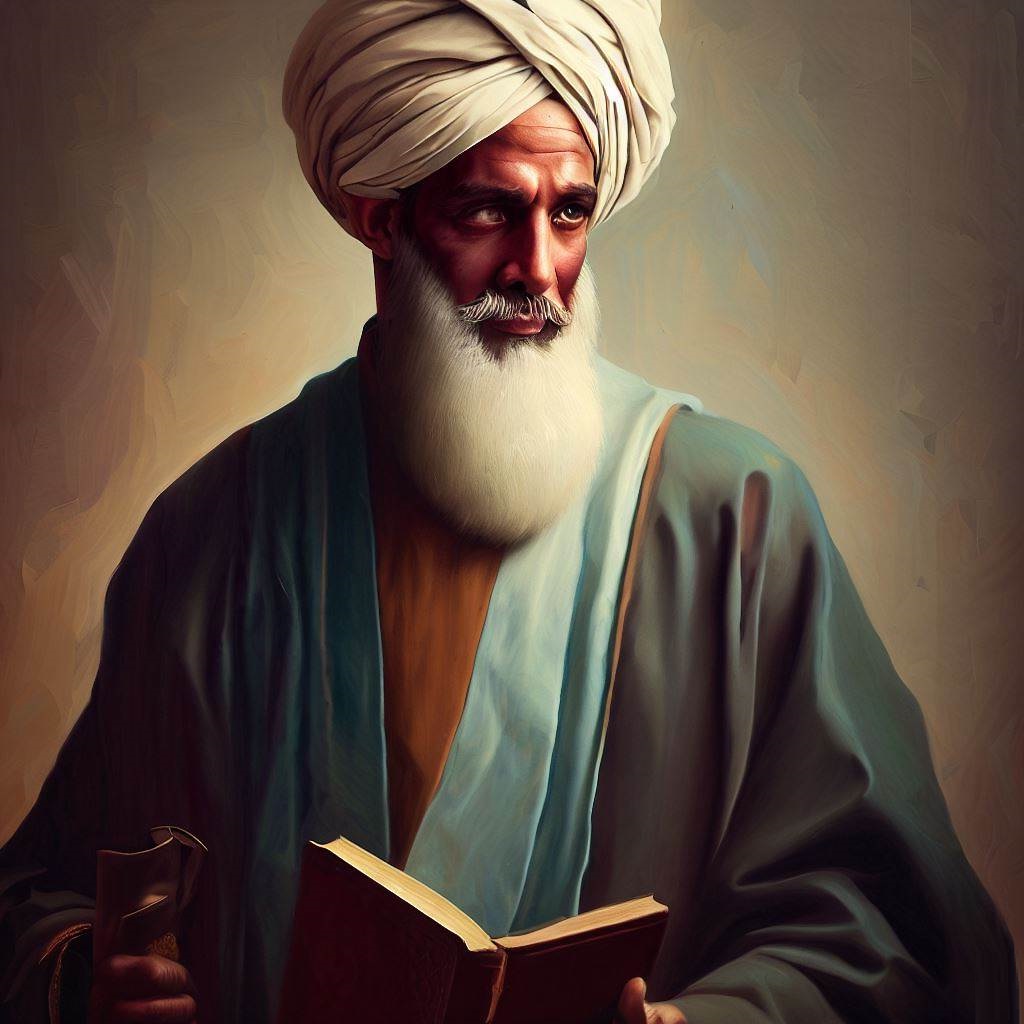Hey there, knowledge seekers! Buckle up, as today, I want you to join me in writing a blog post about Ibn Sina, also known as Avicenna. We are going to explore the life and legacy of a Persian polymath who is widely regarded as the father of early modern medicine. His name is Ibn Sina aka Avicenna. To begin with, we’re about to embark on a fascinating journey, weaving through the tapestry of his life, thoughts, and groundbreaking contributions.
Table of Contents
- Introduction to Avicenna
- Early Life and Education
- Ibn Sina’s Medical Marvels
- The Pioneering Philosopher
- The Universal Soul Theory
- FAQs
- Conclusion
Introduction to Ibn Sina
You might be wondering, “Who exactly was Avicenna and why should I care?” Well, I’m glad you asked! Avicenna was an extraordinary genius from Persia, who, during his lifetime, made significant contributions to various fields, including medicine, philosophy, and science. He’s not just a historical figure; his works still resonate in our modern world!
Early Life and Education
Born around 980 in the village of Afshana, near Bukhara (in present-day Uzbekistan), Avicenna was a child prodigy who had memorized the Quran by the age of 10! His thirst for knowledge was insatiable. As a result, he studied various subjects, such as metaphysics and ethics, at an early age. This incredible early education laid the foundation for his future works.
Ibn Sina’s Medical Marvels
“Father of early modern medicine” is not just a fancy title. It’s an honor Avicenna earned through his extensive research and medical works, especially his book, The Canon of Medicine.
The Canon of Medicine
This five-volume medical encyclopedia was a game-changer. It was used as a textbook in universities until the 17th century and served as a cornerstone in the development of medicine.
Avicenna’s Medical Philosophy
As a physician and philosopher, Avicenna believed in a holistic approach to health. He emphasized the link between physical and emotional health, a concept that modern medicine is beginning to acknowledge today.
The Pioneering Philosopher
Avicenna wasn’t just a medical maestro; he was also a revolutionary philosopher. His philosophical works, like The Book of Healing, were groundbreaking at the time and continue to be influential.
Metaphysics and God
One of the main themes of Avicenna’s metaphysical philosophy is the existence of God. In particular, he developed several arguments, such as the “proof of the truthful” argument, that aim to demonstrate God’s existence logically. These arguments are still relevant and influential in the contemporary debates about God’s existence.
The Universal Soul Theory
Avicenna made many important contributions to philosophy, but one of the most significant ones is the theory of the universal soul. According to this theory, the soul is immaterial and immortal, which was quite a progressive thought for his time!
Frequently Asked Questions
1. Why is Ibn Sina important?
Avicenna’s contributions to medicine and philosophy are monumental. His works served as the foundation for modern medicine and continue to influence philosophical discourse.
2. What did Avicenna discover? Avicenna made several discoveries in medicine. He identified the contagious nature of diseases, the importance of diet and lifestyle for health, and the psychological factors affecting physical health.
3. How did Avicenna die? Avicenna died in June 1037. The exact cause of his death is unknown, but it is believed that he died of colic after excessive self-medication.
4. Did Ibn Sina believe in God? Yes, Avicenna was a strong believer in God. His metaphysical philosophy to avoid redundancy.
Conclusion
In wrapping up our journey through the life of Ibn Sina, it’s clear that he was a titan of his era. His pioneering work in medicine and philosophy continues to echo through the ages, influencing modern thought and practices. His legacy is not just in his discoveries, but in his insatiable quest for knowledge and the breadth of his intellect. Avicenna truly exemplifies the power of the human mind and the impact one individual’s passion for learning can have on the world.
Even though we’ve reached the end of this blog post, it doesn’t mean we’ve exhausted the topic of Avicenna. There’s so much more to this Persian polymath than we could ever fit into one article. His life was a testament to the power of curiosity and knowledge, and it’s a legacy that continues to inspire to this day.
So, whether you’re a student, a teacher, a philosopher, a doctor, or just a curious soul, Avicenna’s life and work are sure to inspire. And who knows, maybe this blog post will spark in you a love for learning just as strong as Avicenna’s. Keep exploring, keep questioning, and most importantly, keep learning. Because as Avicenna showed us, knowledge is the most powerful tool we have.
References:
1. Wikipedia
2. Encyclopedia of Philosophy Stanford University
